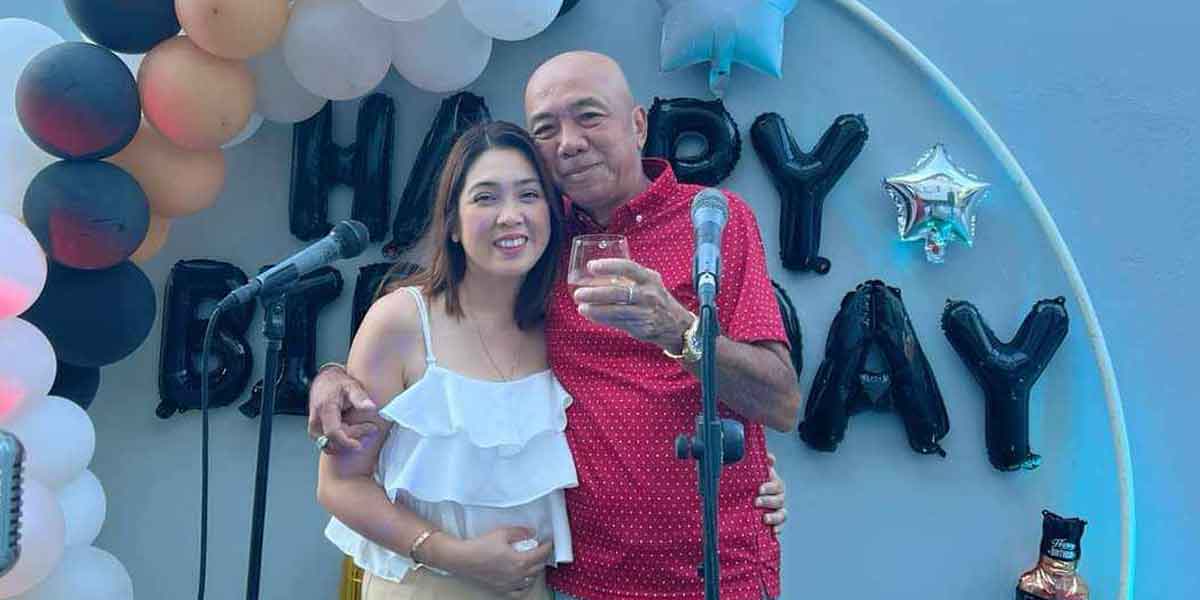By Alex P. Vidal
“The spirit of arrogance most definitely makes you shine. It paints a bright red target on your own forehead.”― Criss Jami, Killosophy
IN Iloilo, Philippines in 1992, a colleague in the publication once “red-tagged” this writer and a colleague, now Atty. Teopisto “Pet” Melliza.
The publication would be better off without the two (yours truly and Pet) “reds”, the colleague told the management.
Honestly, I had no inkling then that being tagged as “red” in the Philippines was tantamount to being accused as “communist” or “left-leaning”.
Until now I can’t accept the “tagging” because I was not “left-leaning” and never a “communist”. It’s mind-boggling how I was dragged into that unwanted docket.
Back in 1987 in Baguio City, the late former Sun Star Iloilo editor-in-chief Ivan Suansing, West Visayas State University mass communication professor Ricky Aballena, and yours truly attended the last national congress of the “reformed” College Editors Guild of the Philippines as campus editors.
CEGP, an alliance of collegiate student publications in the Philippines and the oldest and only-existing publications alliance in the Asia-Pacific founded in 1931, had been tagged by the military as “left-leaning” even before the Marcos dictatorship in the 70s.
-o0o-
We weren’t supposed to be “left-leaning” because the national congress was officially known as the CEGP-RM or College Editors Guild of the Philippines-Reform Movement.
The attachment of the words “Reform Movement” by the organizers had sparked a tremendous controversy then nationally as some true-blooded CEGP veterans in the 60s and 70s resented it, but it was none of our business. We went to the national media congress as representatives of Iloilo City, not for any realpolitik or as political pawns or sympathizers and spies from the left or right hemispheres.
Red-tagging isn’t new to the country: Implemented in 1969, the government-backed campaign was designed to “tag” and counter communist and Maoist groups, particularly the New People’s Army (NPA), according to Human Rights Foundation Legal & Policy Intern Tanyalak Thongyoojaroen.
Red-tagging has since become a destructive tool to quash dissent. Under the former Duterte government and his National Task Force to End Local Communist Armed Conflict (NTF-ELCAC), the regime has used the guise of red-tagging to crack down on activists and dissidents.
In the United States, “Red” is a short form of Redskin; usually an adjective in “the Red Man” or “Red Indians” and is referred to Native Americans, especially in North America; more often considered offensive since the mid-20th century; capitalization varies, leaning upper-case.
In North America, the term is now considered a racial slur.
The use of the term Indian or the natives of the Americas originated with Christopher Columbus, who mistakenly believed that the Antilles were the islands of the Indian Ocean, known to Europeans as the Indies. Though Columbus’ mistake was soon recognized, the name stuck, and for centuries the native people of the Americas were called Indians.
We are glad that the Philippine Supreme Court (SC) has declared that red-tagging in the Philippines and guilt by association threatens a person’s constitutional right to life, liberty and security.
-o0o-
The SC noted in a 39-page decision that red-tagging has been acknowledged by international organizations as a form of harassment and intimidation.
According to SC, being labeled as “red” often comes with frequent surveillance, direct harassment and, in some instances, eventual death.
The high tribunal noted that being associated with communists or terrorists makes the red-tagged person “a target of vigilantes, paramilitary groups or even state agents.”
Associate Justice Rodil Zalameda, who penned the ruling, stated: “Thus, it is easy to comprehend how a person may, in certain circumstances, develop or harbor fear that being red-tagged places his or her life or security in peril.”
The SC further noted that red-tagging is the use of threats and intimidation to discourage “subversive activities.”
The ruling stemmed from a petition filed by our fellow Ilonggo, Siegfred Deduro, an activist and former representative of party-list Bayan Muna and a founding member and vice president for the Visayas of Bayan Muna and the Makabayan coalition.
Deduro sought in his petition the issuance of a writ of amparo, a remedy for those whose right to life, liberty or security has been violated or threatened.
He said military officers under the command of Maj. Gen. Eric Vinoya, the commanding officer of the Philippine Army’s 3rd Infantry Division, red-tagged and accused him of being a ranking member of the Communist Party of the Philippines-New People’s Army (CPP-NPA).
(The author, who is now based in New York City, used to be the editor of two daily newspapers in Iloilo. — Ed)




















